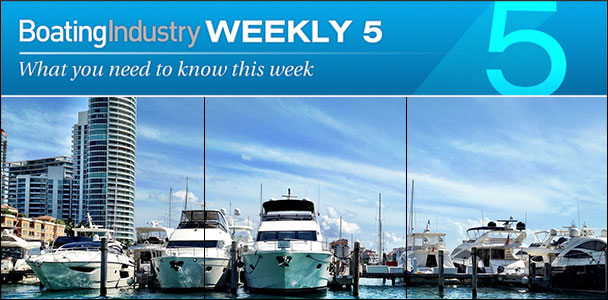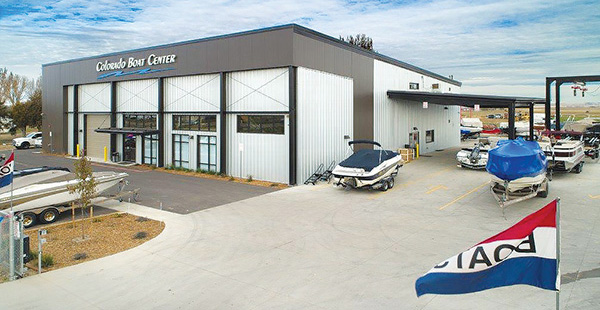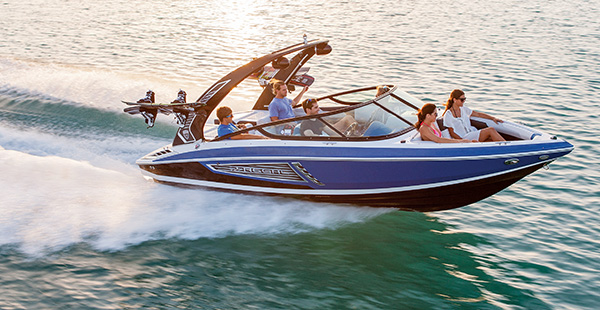Weekly 5: Miami boat show dispute heats up

The BI Weekly 5 is a collection of tips, news and data affecting the boating industry this week. Be sure to look for the BI Weekly 5 every Tuesday on BoatingIndustry.com.
1. Miami boat show dispute heats up
The village of Key Biscayne and the Miami International Boat Show have launched dueling PR campaigns as they battle over public perceptions of the show.
The village has hired Schwartz Media Strategies to push its message that the show’s plans to move to Miami Marine Stadium Basin & Park will cause traffic issues and other problems. Last week, the show responded to the Key Biscayne “aggressive campaign of mistruths” with its own efforts.
The village and the city of Miami are expected to meet next week to discuss the dispute.
2. Idaho jet boat builder facing multiple lawsuits
The owner of Idaho-based Niagara Jet Adventures is facing multiple lawsuits from disgruntled former clients who say he didn’t build promised jet boats for them.
The suits alleges that Christopher Bohnenkamp accepted payment for boats he didn’t deliver.
3. NMMA joins coalition supporting PORTS Act
The National Marine Manufacturers Association has joined a coalition of 114 trade associations working to ensure ports remain open.
The group is supporting the Protecting Orderly and Responsible Transit of Shipments Act, or PORTS Act, introduced by Sen. Cory Gardner, R-Colo.
4. Sunken Sea Ray finds new life as car
A Georgia man is getting some attention after he rebuilt a sunken Sea Ray and combined it with a GMC Jimmy to make a street legal vehicle.
The man spent about $10,000 building the new attention-grabbing vehicle.
5. California oil spill impacting commercial, recreational fishing
The closure of 138 square miles of fishing grounds off the coast of California after an oil pipeline ruptured there is raising concerns about the impact on the industry, the Santa Barbara Independent reported.
The closure prohibits fishing about six miles off the coast as state officials try to make sure contaminated fish don’t enter the food supply. It will take weeks or even months to make sure the water is safe, officials said.




